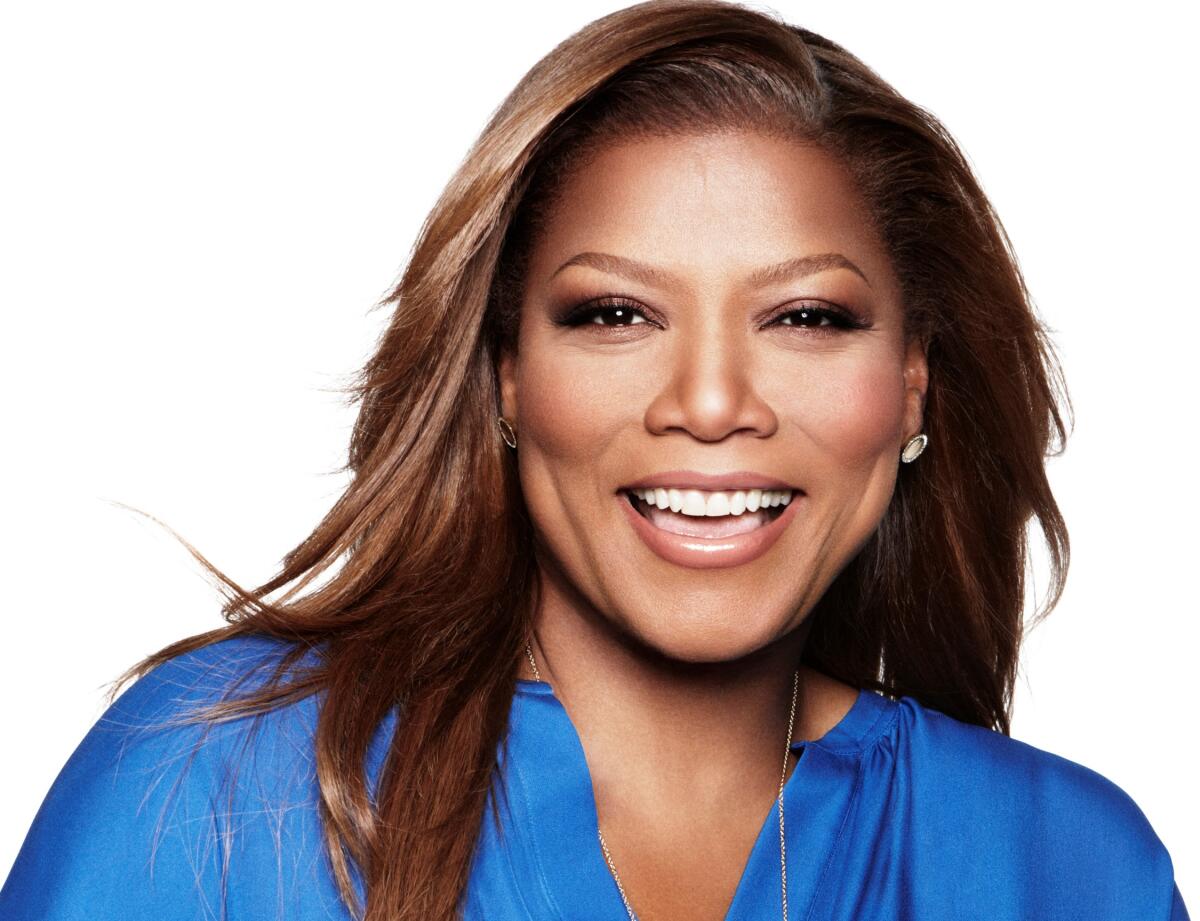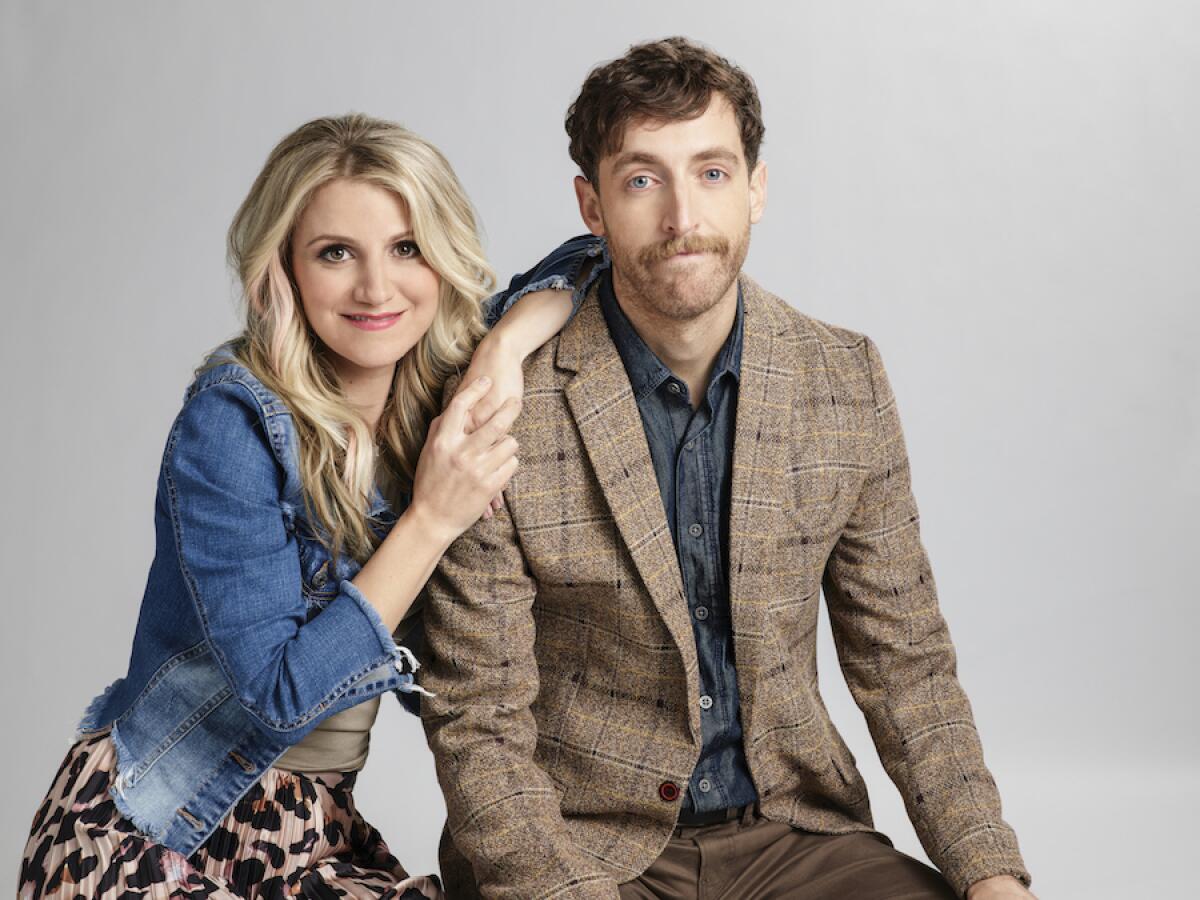Queen Latifah’s ‘The Equalizer’ coming to CBS if there’s a fall TV season

- Share via
While a shut-in country binges on streaming services during the pandemic, CBS is still planning to give viewers a lineup this fall of broad-appeal dramas and sitcoms they’ll recognize.
The question is when the public will see them. There are still no signs of exactly when TV production can resume, as California and New York remain in lockdown during the coronavirus crisis.
“It’s a moving target,” CBS Entertainment President Kelly Kahl told The Times on Tuesday. “We are still very hopeful we can start production sometime this summer and equally hopeful we can get most of them on some time this fall.”
CBS will aim to start the 2020-21 fall season with just two new series and has ordered only one other for midseason, while returning 23 of its current shows. Traditionally, CBS takes the most minimalist approach to its schedule with few changes, an approach Kahl believes will be welcome when advertisers are ready to spend on commercial time.
“There are a lot of unknowns out there, and what we’re giving viewers and advertisers is a schedule that’s very well known, very proven and very appealing to both,” Kahl said. “Even without COVID-19, there were not going to be a whole lot of new shows on our schedule, because we have five returning freshman shows.”
CBS’ programming plans are contingent on the lifting of shelter-at-home orders that would allow production work to resume.
The network plans to bring back the comedies “Bob (Hearts) Abishola” and “The Unicorn” as well as the dramas “All Rise,” “FBI: Most Wanted” and “Evil” for second seasons.
New additions to the 2020-21 schedule include “The Equalizer,” which stars Queen Latifah in the lead role in a new version of the 1980s drama series about a mysterious vigilante. For midseason, the network has picked up “Clarice,” a series with Rebecca Breeds re-creating the role of FBI agent Clarice Starling from “The Silence of the Lambs.”
CBS also has a new comedy from producer Chuck Lorre, “B Positive,” which stars Thomas Middleditch (“Silicon Valley”) as a therapist and newly divorced dad who is in need of a kidney transplant.

“B Positive” was the only pilot filmed before the pandemic. “The Equalizer” and “Clarice” were picked up without pilots. “The producers of those shows laid out a plan for us,” Kahl said. “We saw stories in addition to the pilot and how they will arc their seasons out. That gave us confidence to move forward with both.”
Other returning programs include “The Neighborhood,” “Bull,” “NCIS,” “FBI,” “Survivor,” “The Amazing Race,” “SEAL Team,” “Young Sheldon,” “Mom,” “MacGyver,” “Magnum, P.I.” “Blue Bloods,” “48 Hours,” “60 Minutes,” “NCIS: Los Angeles” and “NCIS: New Orleans.”
The network canceled several shows: “Carol’s Second Act,” “Broke,” “God Friended Me,” “Tommy,” “Man With A Plan” and “Hawaii Five-0.”
Broadcast networks typically unveil new fall lineups in May ahead of the upfront sales market, where the bulk of commercial time is purchased for the next television season. CBS joins the CW and Fox, which have already presented their schedules; NBC and ABC have yet to reveal their plans. The CW is delaying its fall season launch until January.
CBS was the most watched network of the 2019-20 TV season, with an average of 7.74 million viewers in prime time, according to Nielsen data, down 13% from the previous year. But all the broadcast networks continue to see their audiences decline as more viewers, especially in younger demographic groups, turn to online streaming for entertainment.
While streaming has boomed during the pandemic, Kahl said there has been increased viewer sampling of traditional TV networks as well.
“A lot of our shows were near season highs in the ratings when they finished,” he said. “There is a lot of hype around viewing and binging, but a lot of people turned to broadcast every night.”
More to Read
Inside the business of entertainment
The Wide Shot brings you news, analysis and insights on everything from streaming wars to production — and what it all means for the future.
You may occasionally receive promotional content from the Los Angeles Times.











